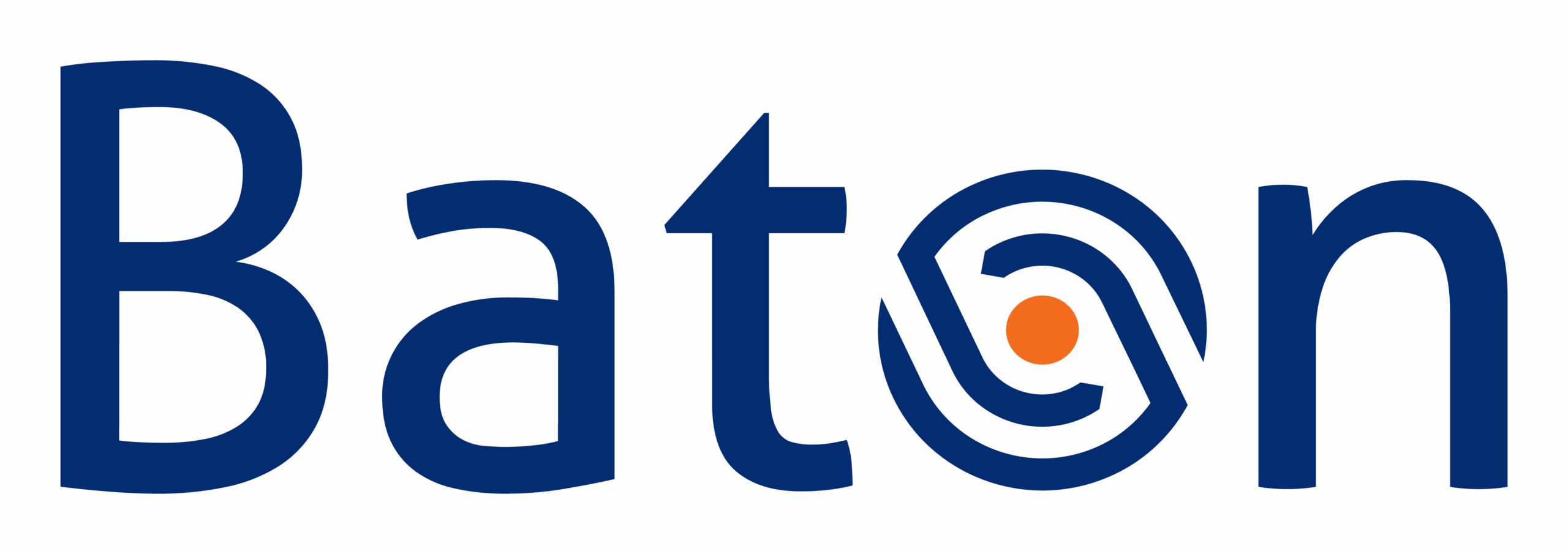The impact of efficient post-trade processing is not confined to the back office. It can be felt across a business in terms of both increased revenue and reduced costs, driving better service quality to clients and better market access to clients.
In the context of FX, when we talk about post-trade processing , we’re referring to all of the processes that follow the execution of a trade. This includes confirmation or matching, netting calculations, pre-affirmation of the settlement values, agreement of settlement instructions, and, finally, the settlement process itself.
It’s commonly thought that the activity of a firm can be neatly split into front, middle, and back-office functions, with back-office activity only distantly connected to what goes on in the front office. But the reality is that operational constraints have a massive impact on the ability of the front office of a business to serve the customers they want to service and to freely access market liquidity across all potential locations. There is an impact not only on the revenues that can be earned but also on the costs that the business bears, whether those costs are directly attributable or are charged by way of allocation.
There’s been a huge amount of focus in recent years on the electronification of the distribution and risk management functions of the FX markets. That focus now needs to turn to the post-trade processing elements of the business which are, in many cases, still operating with a high degree of manual intervention.
What does the industry need?
FX market participants are looking for fully automated, friction-free, highly scalable, low-cost, configurable settlement processes.
The configurable element is important: one of the challenges in FX is that it’s bilateral, so every party has different preferences when it comes to handling the settlement of transactions. Some like to net, some like to net up to a certain time or for a certain currency pair or a certain product, and others don’t like to net at all. Some parties like to split their settlements, whereas others don’t. There is a myriad of specific elements about many of the relationships that exist. Members of operations teams, particularly at large banks, are effectively relationship managers in the sense that they have to understand and operate with or alongside the specific preferences of each of their counterparties.
So the market really needs a set of processes that are configurable but which are, at the same time, highly automated, scalable, and low cost and which particularly allow for real-time and deliberate control.
Many FX salespeople are familiar with the frustration of being limited in the way that they can service clients (or unable to service them at all) because they are unable to guarantee automated safe settlement. The same goes for traders, whose access to liquidity can be constrained by settlement limits. This means that not only do banks lose out directly on revenue, but their potential customers also lose out by not getting access to the market that they need.
Netting is also an issue: although it’s promoted by the FX Global Code, a great deal of business is settled without the benefit of netting. Without netting, both settlement risk and funding costs are higher than they need to be. At Baton Systems we have analysed data across a number of existing and prospective clients and have concluded that there’s probably about 35% room for improvement to reduce settlement risk and reduce funding costs merely through the implementation of more netting across more counterparties.
The ability to do this in an automated, scalable, and configurable way, without creating a large additional burden on already stretched operations teams, undoubtedly represents a big win for the business as a whole.
“At Baton Systems we have analysed data across a number of existing and prospective clients and have concluded that there’s probably about 35% room for improvement to reduce settlement risk and reduce funding costs merely through the implementation of more netting across more counterparties”
Post-Trade Processing: Beyond the Last Mile
Baton is well regarded in the market for its contribution to safe, riskless settlement. We are widely recognised for having orchestrated payment versus payment PvP settlements across a variety of currencies, including the offshore Renminbi (CNH) which was added in 2022 and will be adding more currencies over the coming months.
But there is more to Baton than the mechanics of the settlement itself. Our Core-FX™ solution provides users with the ability to net, and indeed to split, settlements in a highly configurable manner.
Configurations can be set by the counterparty, currency pair, and by product for each settlement participant. Users of Core-FX can schedule and predict settlement events on, or for, each value date, and therefore can manage and optimise their use of funding. The settlement process itself takes a matter of minutes while the exchange of ownership is simultaneous and instantaneous.
Another area in which Baton has been very successful has been controlled settlements (sometimes referred to as safe-settlements), where our customer bank will only pay its obligation to a counterparty on the basis of real-time reconciliation of settlement data, combined with configurable rules that ensures that the payment will not give rise to a situation where there is too much settlement risk against that customer or, indeed, too much stress on its funding position.
It’s recognised that Baton is the only live provider of PvP services other than the legacy incumbent. It’s important, however, to stress that we are about much more than just the last mile of post-trade processing . We integrate interoperable workflows and controls in an automated and configurable manner all the way from matching through to settlement, resulting in a positive impact on businesses and their clients.
“Users of Core-FX can schedule and predict settlement events on, or for, each value date, and therefore can manage and optimise their use of funding”
I hope that you have found this blog useful in explaining the effect that enhanced post-trade processing can have on revenues and costs across a business. If you have any questions or would like to learn more about Baton’s solutions please don’t hesitate to contact me at [email protected]

